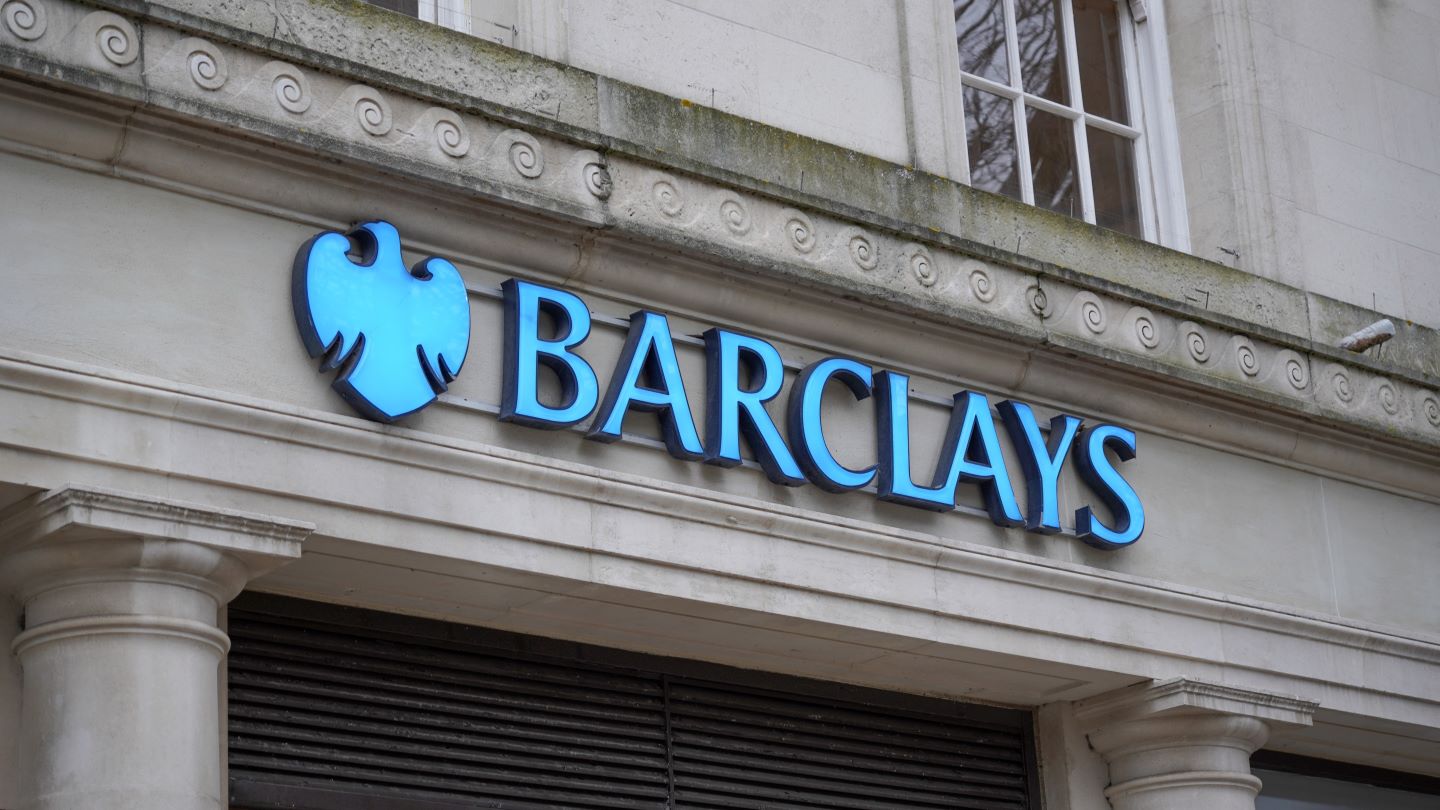
The UK’s Financial Conduct Authority (FCA) has imposed a £42m ($56.4m) fine on Barclays for failings in financial crime risk management.
The fine covers two cases: Barclays Bank UK’s handling of WealthTek and Barclays Bank’s dealings with Stunt & Co.

Access deeper industry intelligence
Experience unmatched clarity with a single platform that combines unique data, AI, and human expertise.
In the first case, the FCA alleged that Barclays Bank UK failed to gather adequate information at the outset and did not conduct proper ongoing monitoring before opening a client money account for WealthTek.
The FCA noted that a simple check of the Financial Services Register would have revealed WealthTek’s lack of authorisation to hold client money. Consequently, clients deposited £34m into the account, posing risks of misappropriation or money laundering.
Barclays agreed to a voluntary payment of £6.3m to WealthTek clients who experienced shortfalls in reclaiming their money.
In December 2024, the FCA charged WealthTek’s principal partner with multiple criminal offences, including money laundering and fraud.

US Tariffs are shifting - will you react or anticipate?
Don’t let policy changes catch you off guard. Stay proactive with real-time data and expert analysis.
By GlobalDataIn the second case, Barclays Bank was fined £39.3m for insufficient management of money laundering risks linked to Stunt & Co.
Stunt & Co received £46.8m from Fowler Oldfield, a money laundering operation, over just one year, the watchdog claimed.
The FCA also highlighted that Barclays did not adequately consider money laundering risks even after receiving law enforcement information about Fowler Oldfield’s suspected activities.
Barclays only reviewed its exposure to Fowler Oldfield after learning of the FCA’s decision to prosecute NatWest over their relationship with Fowler Oldfield.
Barclays continues to engage in a significant remediation programme to enhance its anti-money laundering controls, the FCA said.
FCA joint executive director of enforcement and market oversight Therese Chambers said: “The consequences of poor financial crime controls are very real – they allow criminals to launder the proceeds of their crimes, and they allow fraudsters to defraud consumers. Banks need to take responsibility and act promptly, particularly when obvious risks are brought to their attention.
“In the first of these cases, Barclays secured a significant reduction in its fine through its extensive co-operation with our investigation and through making a voluntary payment to affected consumers at our request.”
Earlier this month, the FCA fined digital bank Monzo £21m for financial crime failings, citing inadequate controls and violations of FCA directives regarding high-risk customers.







